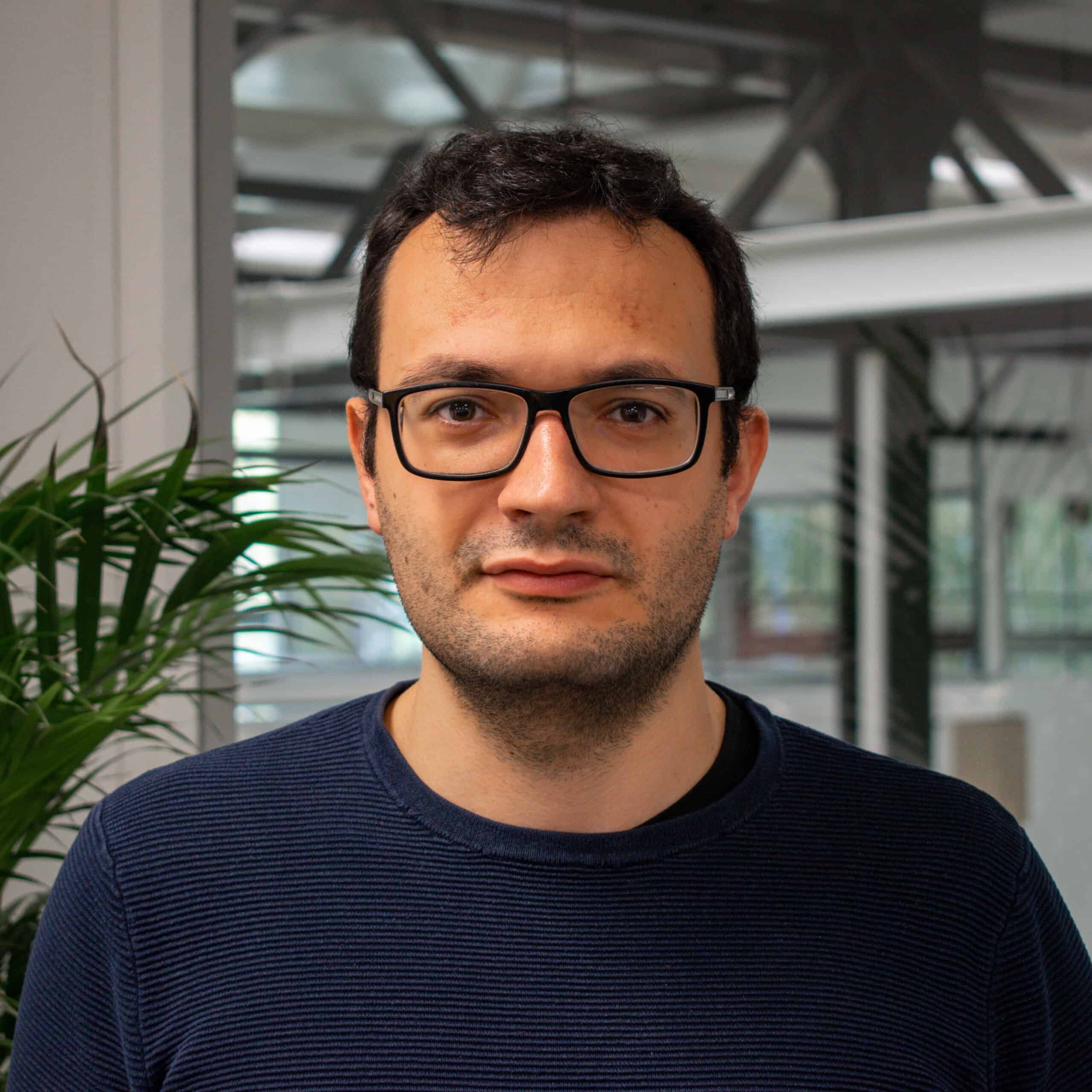
About Arabat
- Founders: Raffaele Nacchiero, Leonardo Renna, Leonardo Binetti, Giovanni Miccolis, Vincenzo Scarano.
- Founded in: 2022
- Employees: 5
- Money raised: €60.000
- Ultimate goal: Changing the world starting from an orange.
Juicy, sweet, and rich in vitamin C: if you were asked to name three features to describe oranges, that’s what your answer would probably be. You can now also add to your list that oranges can help recycle spent batteries. The idea comes from Puglia, a Southern Italy region producing tons of citrus products yearly.
Arabat is a start-up using organic and citrus waste to recycle discarded batteries. Their process uses organic waste acid to trigger a reaction to extract batteries’ metals. The start-up’s technology allows the recovery of almost all critical metals inside batteries, such as nickel, cobalt, and lithium carbonate – the raw material behind lithium-ion batteries. Raffaele Nacchiero is the company’s CEO and spoke to Innovation Origins for this episode of the Start-up of the Day series.
How did you discover that you could recycle batteries with oranges?
“I met my co-founders during my studies, as we are all part of the same cultural association that focuses on sustainability and circular economy. One day, while flipping a sustainability magazine, I learned about research in Singapore to reuse biomass to dispose of discarded batteries.
Since some scientific research was already there, I thought: ‘Why don’t we try to add some value to this process by experimenting with the waste streams we have here?’ Puglia – our region – has a consistent citrus waste stream. I pitched my idea to the other co-founders and started working on it.”

What happened next?
“We started our preliminary research, noticing a huge gap in battery recycling operations in Italy. To this day, there are no plants to recycle spent batteries. Some entities collect them. However, they send batteries to other European countries to be processed in often polluting and energy-intensive ways. We had a chance to test our method in the labs of our local university, and after perfecting it, we decided to start the company.”
How does the process work?
“Discarded batteries enter the factory, and after being discharged, they get shredded to obtain a black mass – a powder mix containing all raw materials. Then the green leaching process occurs. This procedure consists of inserting the black mass, organic acid, and the biological byproduct – such as orange peel or a mix of organic waste – inside a reactor. Before entering the reactor, this organic mix is dehumidified and crushed to get a fine powder. As all the ingredients are ready, the reactor is turned on, and the process – which happens at 90°C – starts.
Selective precipitation is the third step of our process when the output of the green leaching gets filtered. This step facilitates materials’ separation, made possible by adjusting acidity levels. Nickel and manganese are the first to be recovered, then comes cobalt and, later, lithium carbonate. Currently, we are working on recovering graphite as well.”
What stage are you at the moment?
“Last year, we validated our technology, optimizing it further. As with every start-up, we took part in several competitions during the last year. We won the Eni Award 2022, receiving the prize from the Italian President of the Republic, Sergio Mattarella himself. Arabat also won the Italian national prize for innovation in 2022.
Besides that, we also started the first talks with investors and industrial partners that showed interest in our idea. It’s now time for us to build our pilot plant facility, where to operate – and perfect – the process on a larger scale.”


What’s next on your roadmap?
“We aim to seal a financial deal to allow us to build the first pilot plant in the South of Italy by the first half of 2024. Therefore, we would build a network of suppliers and customers, consequently entering the market. Then, by the end of 2025, early 2026, we aim for full industrialization.”
You said you want to build your first plant in the South of Italy. How valuable can it be for you to start from there?
“When we started talking about our idea, there was a lot of skepticism. As we acquired more credibility by winning innovation prizes, we sparked interest in local industrial partners. To us, it’s important starting our venture from the South of Italy, both for the values we believe in and the abundance of biological byproducts. In addition, Puglia has a strategic position within the Mediterranean Sea that could allow us to open the east of Europe too.”








